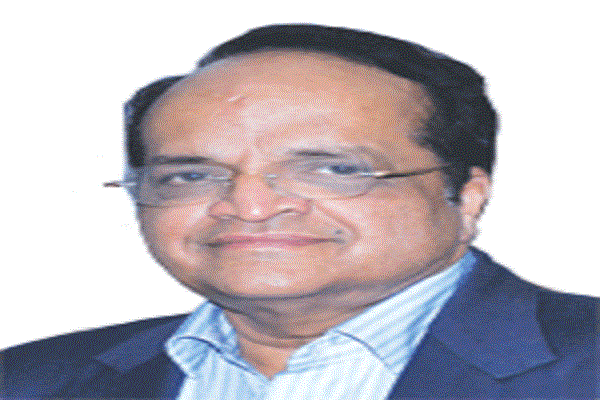
 Prof VN Rajasekharan Pillai
Prof VN Rajasekharan Pillai
Programme Chair, World Education Summit 2011
Vice Chancellor, Indira Gandhi National Open University
While we celebrate the spirit of Millennium Development Goals world over in the context of health indicators, it is also important for us, as a nation with huge potential towards strengthening our health care systems, to address the challenges of global health governance, political will and policy coherence. A survey by the Organisation for Economic Co-operation and Development says that only seven countries in the world spend less money than India on public health.

The focus of approach paper to the 12th five-year Plan (2012-13 to 2016-17) is on restructuring public health schemes. Recently, the working group constituted for the Plan asked for massive expansion of medical education to improve primary healthcare. Reforms in medical education are urgently needed. There is an acute shortage of doctors in India. India needs more than one lakh doctors per year and we only produce 30,000. To meet this dearth, we need to scale up our medical infrastructure three times. Medical education should encompass infrastructure for training of Medical, Dental, Paramedical and Nursing students. These four pillars of health education should grow simultaneously to provide effective human resources for health.
The Government is coming up with six AIIMS-like institutes and upgradation of 13 existing Government Medical Colleges. This initiative will make affordable and reliable healthcare services available to the rural populace. The emerging areas in medical education, which are seeing maximum growth and ground-breaking research, are reproductive medicine, plastic surgery, endocrinology, oncology and cardiology. Emergency service has long been recognised as a specialisation in the developed countries. Geriatric medicine or the care of the elderly is another area to watch out for in the future.
Globalisation has led to greater demand from the industry for different types of jobs, which are being looked at by private players. Distance education in India is cheaper than a full time degree but provides high quality, well structured learning material. The IGNOU School of Health Sciences offers a plethora of innovative and unique courses in this domain. These courses have been appropriately structured to fulfill the various needs of medical education in India.

The special issue is an attempt to explore various ways of redefining medical education in India and identify the roadblocks for taking the health care services to the masses. While innovation remains the key word, few key issues need to be addressed, (1) the value of public-private-partnerships; (2) greater country ownership; and (3) sustainable funding to meet both short-term and long-term needs; (4) appropriate capacity building exercise and training programmes to enhance the capabilities of the medical professionals; (5) mobilising the health professional around the health needs of the rural India, (6) Knowledge sharing across the communities, etc.
We are very happy to be presenting this special issue of eHealth on the occasion of World Education Summit 2011 that IGNOU is organsing with Elets Technomedia Pvt Ltd and Centre for Science, Development and Media Studies from July 13 -15, 2011 at New Delhi, India.
With Best Wishes…
Be a part of Elets Collaborative Initiatives. Join Us for Upcoming Events and explore business opportunities. Like us on Facebook , connect with us on LinkedIn and follow us on Twitter , Instagram.












